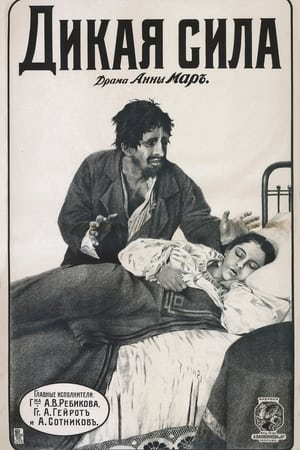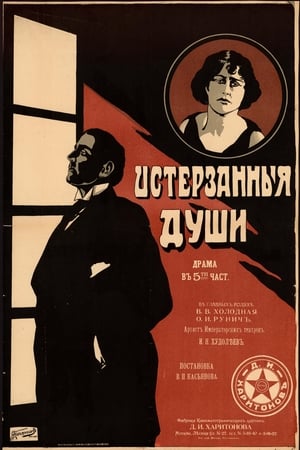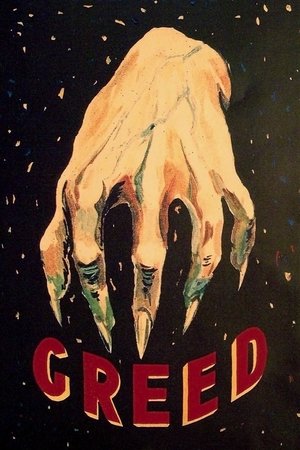The Eyes of Science
Similar Movies
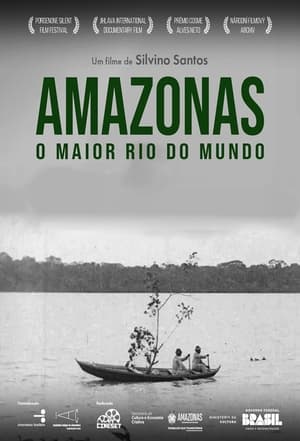 0.0
0.0Amazon: Longest River in the World(pt)
Documentary by Portuguese Silvino Santos, about the Amazon, its flora, fauna, its inhabitants and among other wonderful images from the beginning of the 20th century with alternating close-up shots of caimans, jaguars and tropical flora with footage of Indigenous rituals--including some of the earliest known moving images of the Indigenous Witoto people--and longer sequences showcasing the region’s extractive industries: rubber, the Brazil nut, timber, fishing, even the egret feathers that were a staple of women’s fashion at the time.
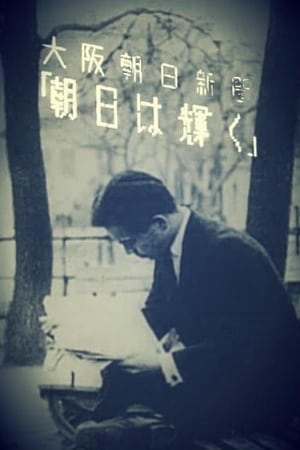 5.5
5.5The Morning Sun Shines(ja)
The Morning Sun Shines is a fiction-documentary film by Kenji Mizoguchi and Seiichi Ina. The film is a combination of a drama about a reporter, and documentary footage about newspaper production. Only 25 minutes of footage has survived.
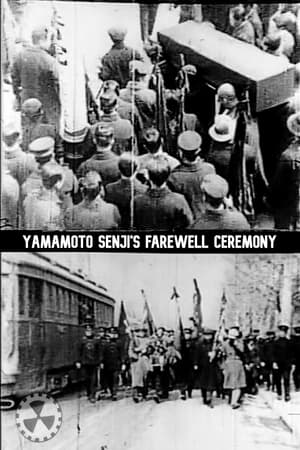 0.0
0.0Yamamoto Senji's Farewell Ceremony(ja)
Yamamoto Senji fought against the Peace Preservation Law in the Diet. On March 5, 1929 he was assassinated by the right wing. A farewell ceremony was held near the University of Tokyo. Prokino's Tokyo Branch shot the procession.
O Índio - Ontem, Hoje e Amanhã(en)
The surviving 14 minutes of the original documentary about the Villas Boas expedition to the Amazonian tribes in Brazil.
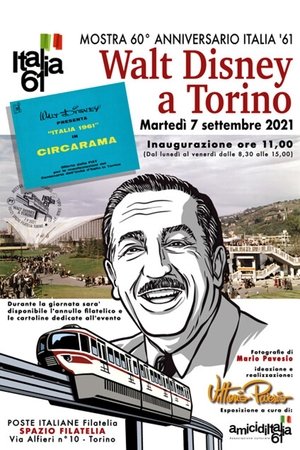 0.0
0.0Italia '61(it)
In 1961 Turin celebrated the centenary of the Italian unity with a large exposition which lasted from May till October of that year. One of the most popular exhibits was the 28 minute documentary ITALIA ´61 IN CIRCARAMA which was produced by the Walt Disney company and sponsored by the Italian automobile manufacturer Fiat. The spectacular views of this Cinerama tour of Italy (filmed with nine cameras) impressed more than two million visitors during the entire duration of that Turin Expo.
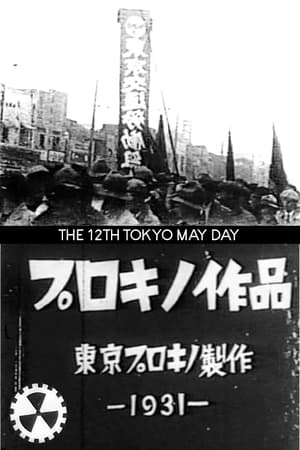 0.0
0.0The 12th Tokyo May Day(ja)
On May 1st, unions all over Japan celebrate May Day, the international day for workers. Workers gather together at parks and hold demonstrations and parades. May Day has its origins in a strike that occurred in the United States on May 1, 1886, a strike that called for an eight-hour workday. Prokino recorded the May Day every year from 1927 to 1932. Among these films, this work is the only one that has survived. However, only its first part has survived. The original film depicts the march to the Ueno Park where the rally was dismissed. Iwasaki Akira coordinated the entire Tokyo Prokino organization as it photographed the 1931 May Day celebrations. They shot in both 16mm and 35mm (other 35mm productions were planned, but this is the only one that achieved completion). A 16mm print was circulated around the countryside by mobile projection units, and a 35mm print was shown at Soviet film nights in Tokyo and Osaka.
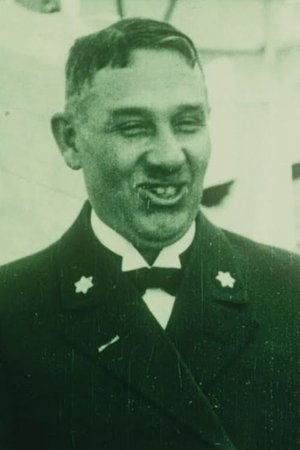 0.0
0.0Met het SS 'Patria' der Rotterdamsche Lloyd naar Nederlandsch Oost-Indië(nl)
Report of the departure of the SS Patria to the Dutch East Indies.
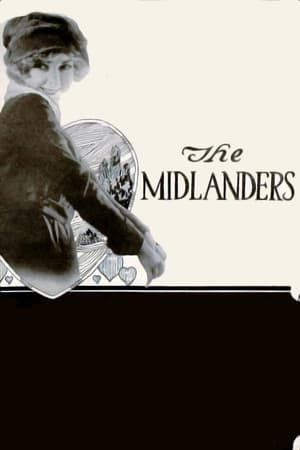 0.0
0.0The Midlanders(en)
Aurelie, an orphan, escapes from a New Orleans convent and is adopted by Mississippi riverboat captain Lindstrom. So that she can have a more settled life, he sends her to live with his brother, John Lindstrom, a squatter in a small river valley town. There she develops into a beautiful woman and wins a newspaper's beauty contest, attracting an offer from a theatrical producer, which she accepts. She rapidly achieves success, but when she returns to town, she is spurned.
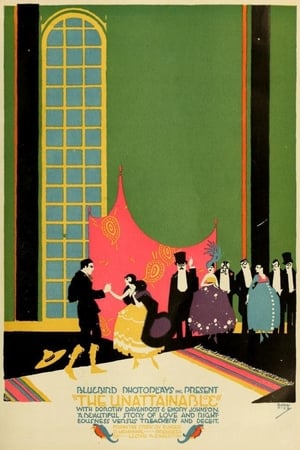 0.0
0.0The Unattainable(en)
An actress falls in love with a shepherd, to the dismay of a wealthy suitor. One reel survives at the National Archives Of Canada and the Library of Congress.
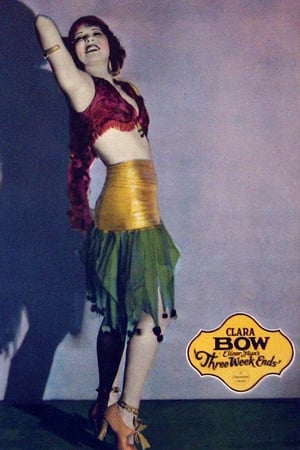 0.0
0.0Three Week Ends(en)
A sexy young nightclub singer sets her sights on a young man she believes to be a millionaire playboy, although he is in reality only an insurance agent.
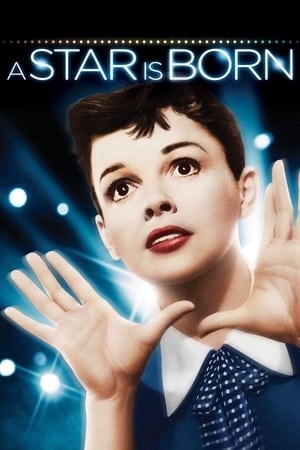 7.1
7.1A Star Is Born(en)
A movie star helps a young singer-actress find fame, even as age and alcoholism send his own career into a downward spiral.
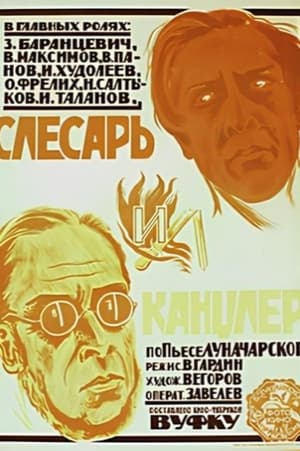 0.0
0.0Locksmith and Chancellor(ru)
The Government of the fictional country Norland has unleashed a war with the neighboring Galikania and is suffering one defeat after another. A group of conspirators who were dissatisfied with this state of affairs, led by the Social Democrat Frank Frey arrange a coup to overthrew the emperor of Norland. But the working class does not like the new order either. Workers expose Frank Frey's policy of continuing the war and a revolution breaks out in the country. The leader of the socialist revolution becomes a mechanic of the name Franz Stark.
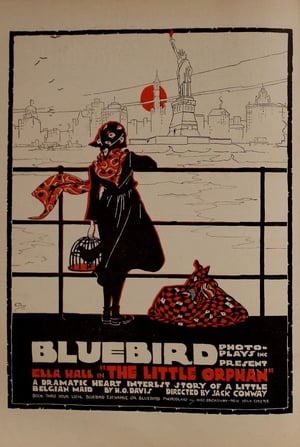 0.0
0.0The Little Orphan(en)
Three bachelor buddies, David Clark (Jack Conway), Dick Porter (Richard LeReno), and Jerry Mathers (George Webb) adopt three Belgian children who have been orphaned by the war. David winds up with Rene Lescere (Ella Hall), who -- much to his dismay -- comes with a pet goat and chicken. But Rene comes to love her foster father and vice versa. In fact, she's determined to find him a wife who will also serve as a foster mom for her.
 7.1
7.1Intolerance: Love's Struggle Throughout the Ages(en)
The story of a poor young woman, separated by prejudice from her husband and baby, is interwoven with tales of intolerance from throughout history.
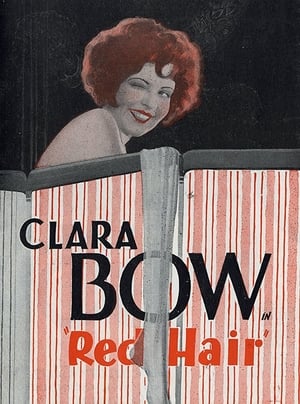 0.0
0.0Red Hair(xx)
A free-spirited young girl has three middle-aged admirers, each of whom sees her from a completely different perspective. Unknown to her, they also happen to be the guardians of a wealthy young man to whom she is attracted. Only a small fragment of this film survives.
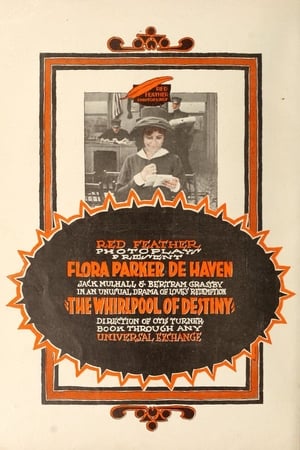 0.0
0.0The Whirlpool of Destiny(en)
George Bell, a wild young man, lives with his rancher father, Thomas Bell, in Paradise Valley, California. When George sells his father's favorite horse, Mr. Bell turns him out, and George becomes a grain salesman in St. Louis. Meanwhile, Polly Martin lives with her father Bill, an ex-businessman who has sunk to day-labor because of his addiction to alcohol. Bill frequently abuses Polly, and when he falls to his death from a high girder, Polly becomes a nurse in the Salvation Army in St. Louis. George falls in love with Polly after he saves her from the advances of a drunk, but she will not marry him because of his wild past.

